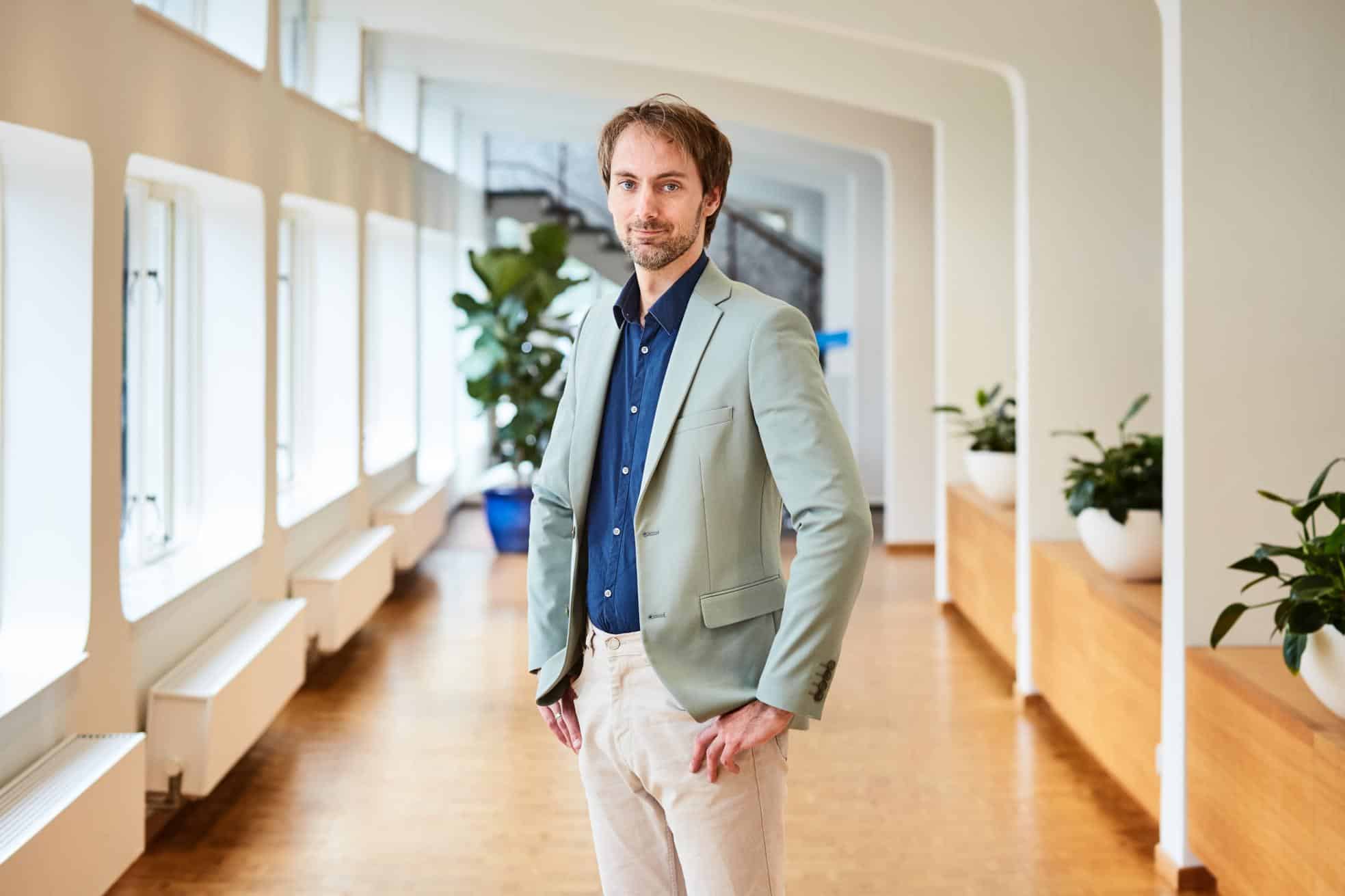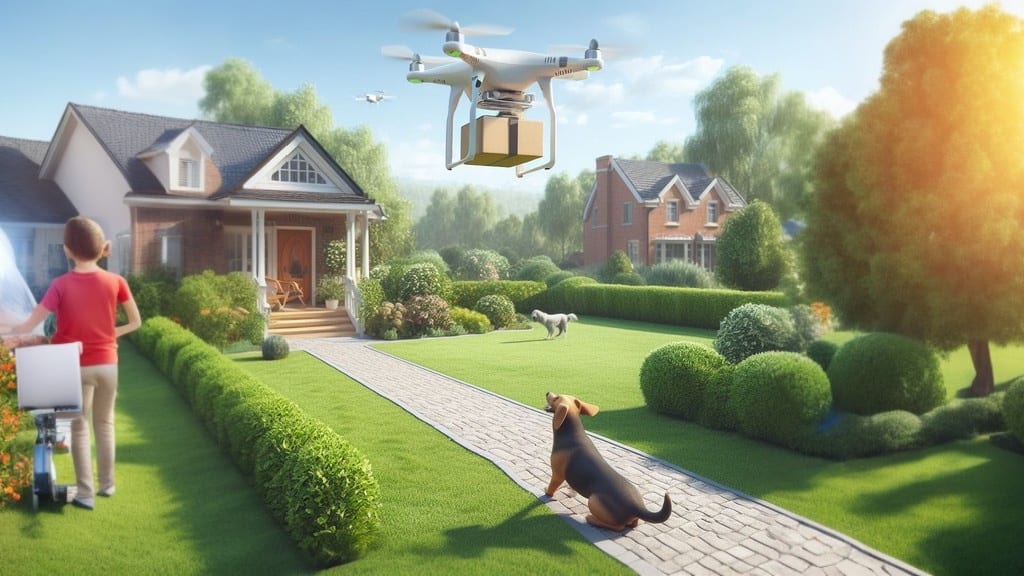
The development of drones has boomed in recent years. These days, it is impossible to imagine our society without these small flying robots. And that is just the tip of the iceberg. There seem to be endless applications that save time, money, and energy. But there is one major snag: the duration of a flight of a drone. After a few hours in the air, the drone has to land to recharge. During that time, the device cannot perform its tasks, which is inefficient. Student team Daedalus at Eindhoven University of Technology (TU/e, the Netherlands) has a solution to that: a drone that can theoretically spend forever in the air using solar energy and battery storage.

“With the drone, we can collect information about objects or events on the ground,” says Daniel Riechmann, team leader of Team Daedalus. Soon, the students will focus on an application to monitor infrastructure, e.g., railroads. “We are gpoing to talk to different companies to see what their specific needs are. Then based on that, we’re going to develop an optimized drone,” he goes on to say. The technology developed by the students to make a drone fly forever could signify a breakthrough for many companies in the development of their own products.
Pioneering
The student team is exploring different applications that will enable them to enter the market. “Maybe in the future, we would like to set up a company around our drone technology, but for now, we are still scoping out the possibilities as a student team. Through TU/e innovation Space, we have access to a large ecosystem where we can meet other student teams, experts, and coaches. That is very important for our development,” he states.
First prototype
In the coming months, the students will work on the first prototype of their drone. They have raised funding for this via the CE3 project (a collaboration between Germany and the Netherlands in the field of education and entrepreneurship). “We are now testing individual components, such as the solar panels, the battery and the navigation system,” says De Liedekerke Beaufort. To see which solar panels work most optimally, for one thing, the team has a small solar park on site. They are testing the other elements with different types of drones. “In summer, we aim to combine all the separate parts into one drone,” he explains.
Social impact
The students want to make a social impact with their drone. “We want to use our technology to do something to make the world a better place,” Riechmann states. For instance, he is thinking about using drones to detect forest fires at an early stage, to locate refugees at sea more quickly, or to track down poachers in a nature reserve. “That can be done faster and cheaper with a drone,” the team leader contends.
Team Daedalus is now focusing primarily on monitoring offshore wind farms. “More and more wind farms are being added. Using drones, we can inspect the turbines properly, for instance, to check any maintenance needs. With a drone, we are able to reach difficult places much more easily than by car,” he adds. “Also at sea, a drone is much easier to use than a boat or a helicopter. This makes things more cost-effective, which in turn enables more countries and companies to make use of wind turbines.”
In addition, the students are also researching other applications concerning the monitoring of infrastructure. For example, they are looking at monitoring railroads, high voltage power lines, or pipelines with a drone.
Also read: In case of emergency, call a drone
Technical challenges
Yet before a drone can fly over an offshore wind farm, a lot more research is still needed. “There are still several technological problems we need to solve,” states the team leader. “For example, if the drone has to fly against the wind, it will naturally cost more energy. Will the solar panels then generate enough energy? We’ll be able to answer questions like that in the near future.” The weight of the solar panels and the battery on the drone still pose significant challenges too. The students find it particularly interesting to take on such challenges. De Liedekerke Beaufort: “We can now really put the theory that we learn during lectures into actual practice. With the student team, we can develop a long-term vision and work towards it step by step. We will take on any challenges that come our way.”
The important goal of Team Daedalus is to have a positive impact on the world. Riechmann: “On the one hand, we do that by helping companies in different sectors to move forward with the help of this drone, and on the other hand, we want to help non-profit organizations to progress as well.”








